Every region of the world has been affected by the water problem. Around 1.1 billion people globally lack access to water, and a total of 2.7 billion experience water scarcity for at least one month of the year, according to the World Wildlife Fund. Worse, by 2025, two-thirds of the world’s population could experience water shortages, and ecosystems would suffer.
A number of nations have made considerable advancements toward securing a more sustainable future for the planet as the seriousness of these problems becomes more and more clear. Singapore’s water management strategy and the sophisticated conservation measures used in The Netherlands are two notable examples.
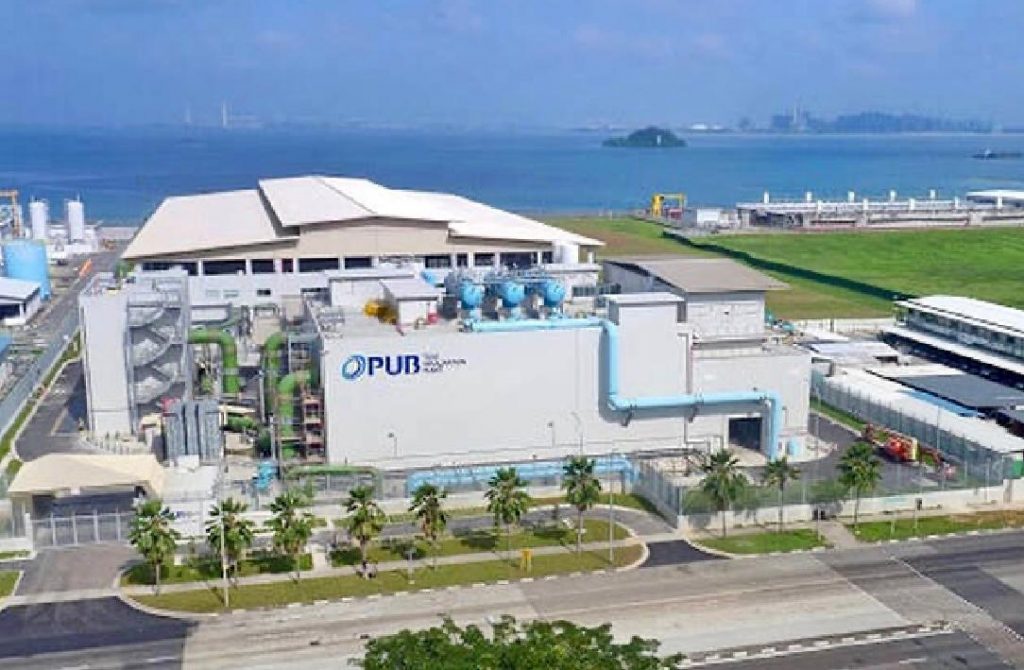
Singapore’s Desalination Plant
Source: https://www.pub.gov.sg/watersupply/fournationaltaps/desalinatedwater
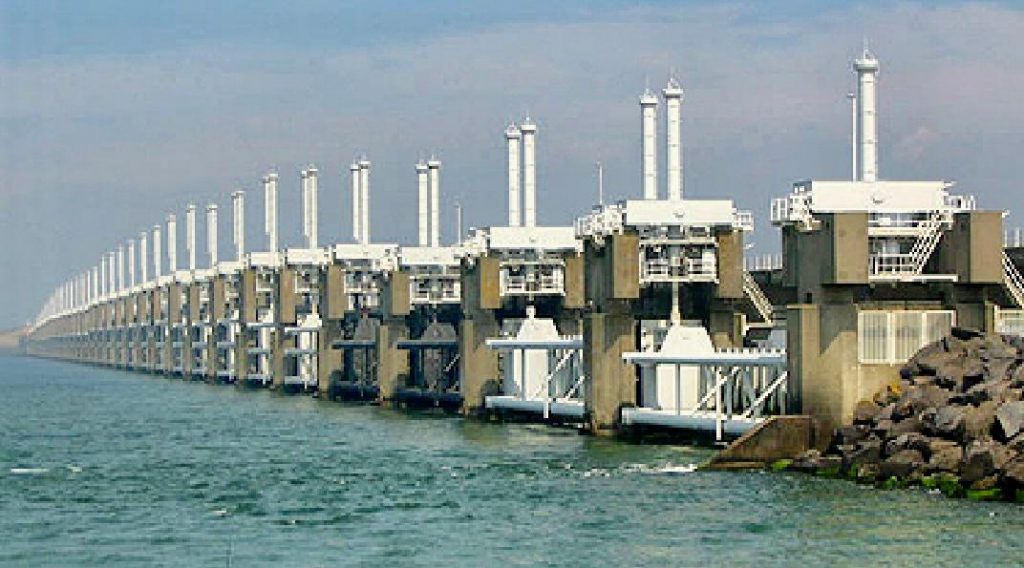
The Delta Works in The Netherlands was built by Rijkswaterstaat to protect the country against flooding from the North Sea.
Source: https://www.water-technology.net/projects/delta-works-flood-netherlands/
Inspiration for the Philippines
In the Philippines, a multifaceted approach has also been embraced by the public and private sectors in safeguarding and managing water resources. SM Supermalls are at the forefront of the conservation and management of water resources in its mall facilities. Its endeavors form the foundation of a more sustainable and water-secure future that the company has long been advocating.
SM’s Vision: Greening the Future
SM has been recycling water since the 1990s, treating an average of 1 billion gallons of water annually in recent years, equivalent to 1,600 Olympic-sized swimming pools. In line with the SM Green Movement, SM has been continuously working towards responsible consumption and water conservation in its properties.
To illustrate, the SM Supermalls’ comfort rooms have smart fixtures to manage water flow. There are also signages in the mall that advocate wise water use. Wastewater is channeled to the malls’ sewage treatment plants that recycle an estimated total of 4 million cubic meters of water, lessening their dependence on freshwater sources for non-potable uses. SM did this even before the measure was required by way of the Clean Water Act in 2004.
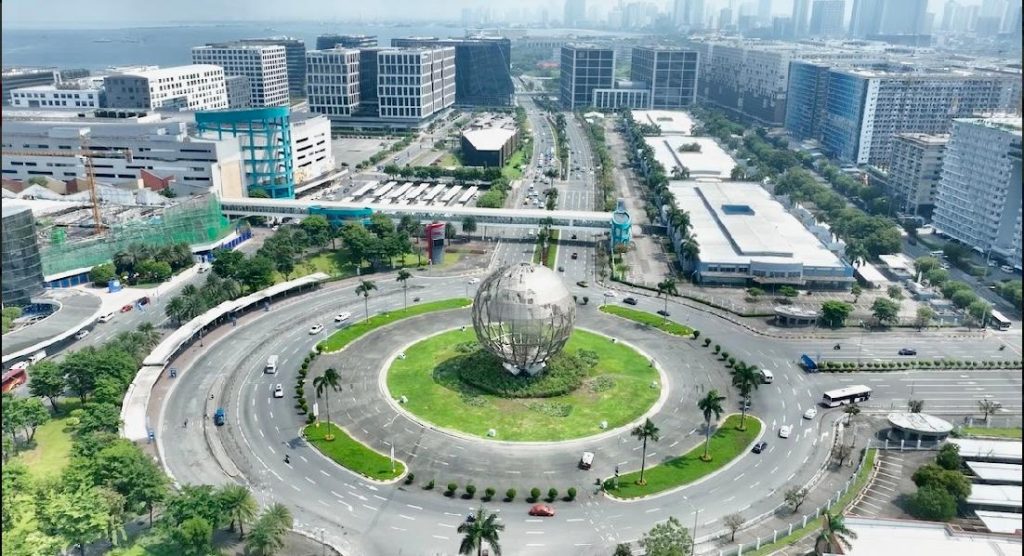
SM Mall of Asia has been involved in various sustainability and environmental initiatives, including water recycling among others.
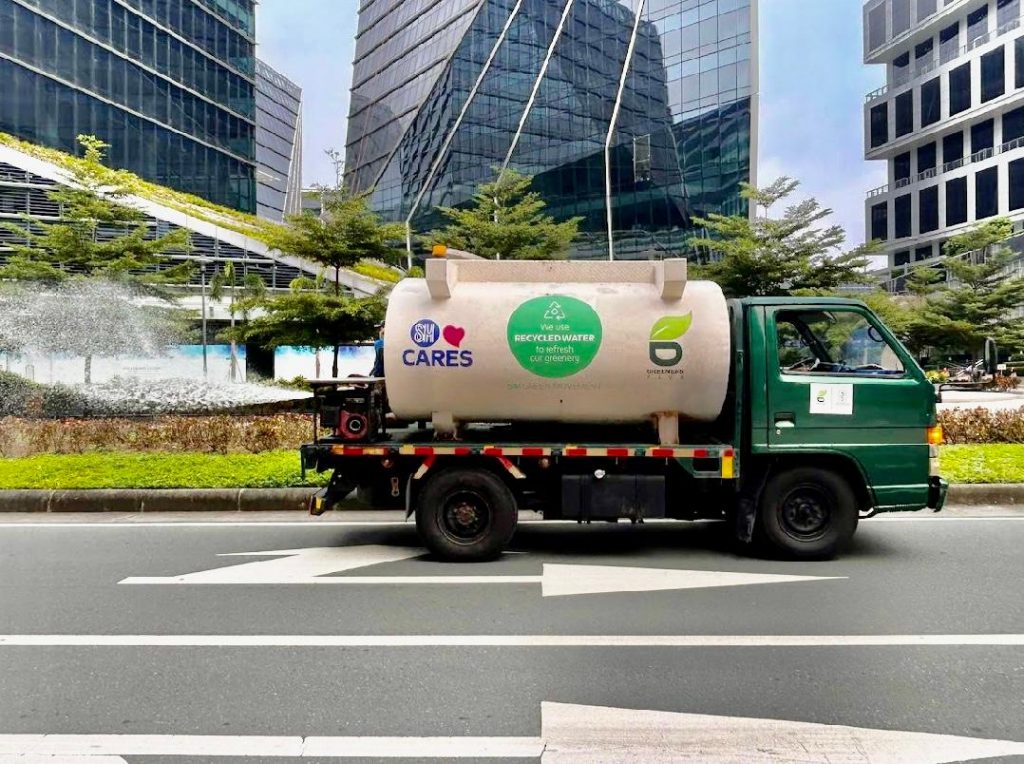
SM Supermalls utilizes recycled wastewater from the mall for irrigating its gardens.
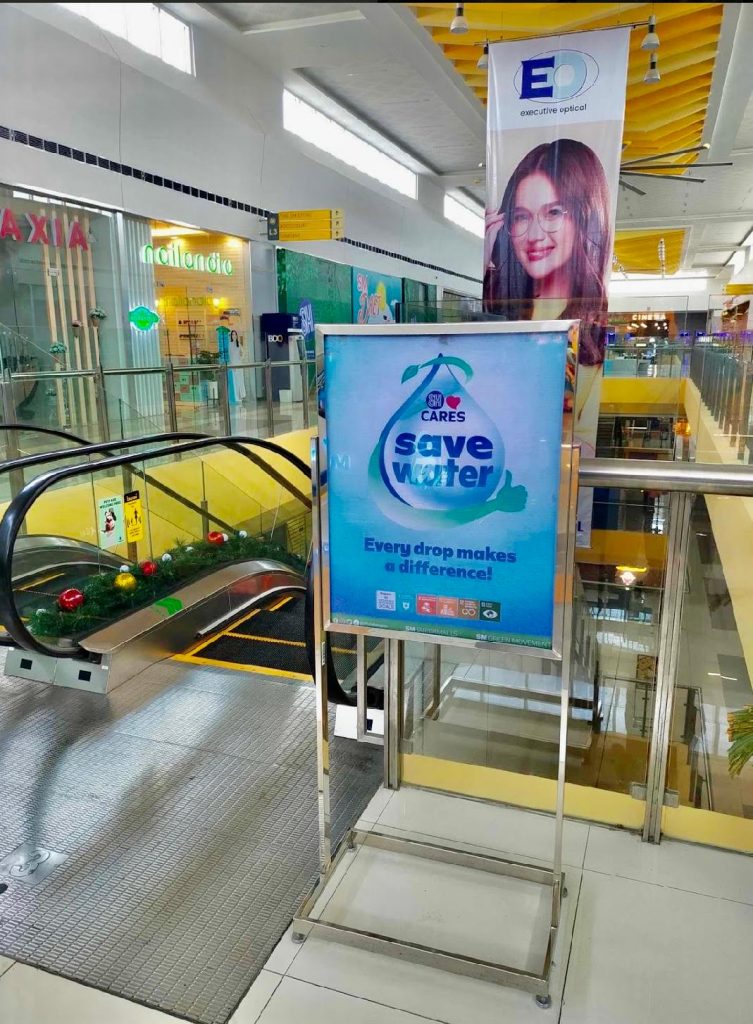
SM Malls have “Save Water” signages that typically aim to create awareness about water conservation and inspire people to take simple actions to reduce their water consumption
Recently, SM took a step further in resource management by launching the first-ever water filtration system at SM City Baguio. This facility can turn collected rainwater into potable water for mall tenant use such as washing and cooking as well as dishwashing and handwashing, allowing the mall to further lessen its dependence on the freshwater supply of the Baguio community.
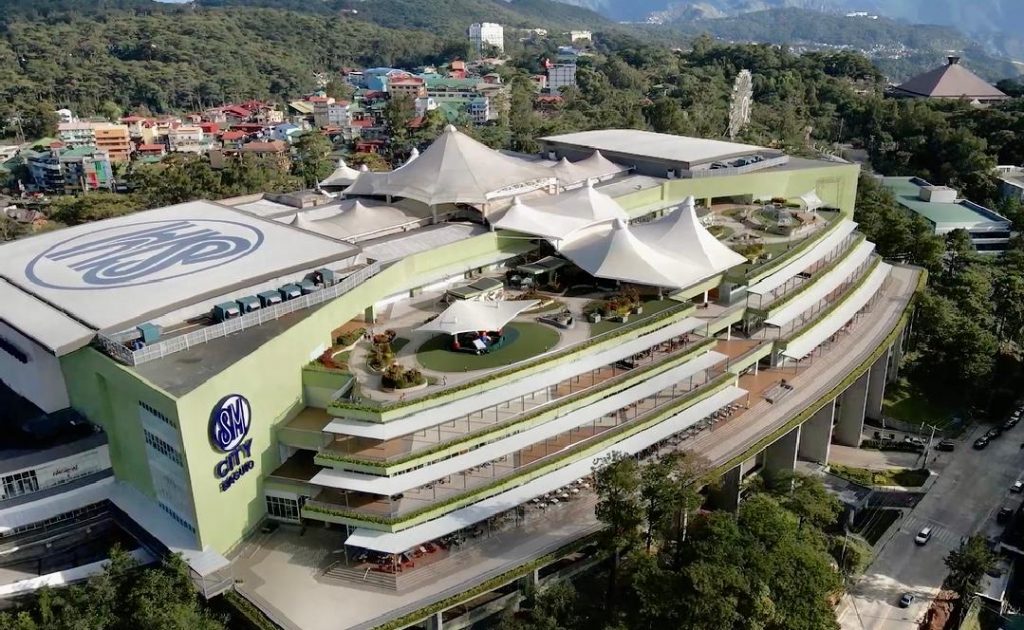
SM took a step further in resource management by launching the first-ever water filtration system at SM City Baguio.
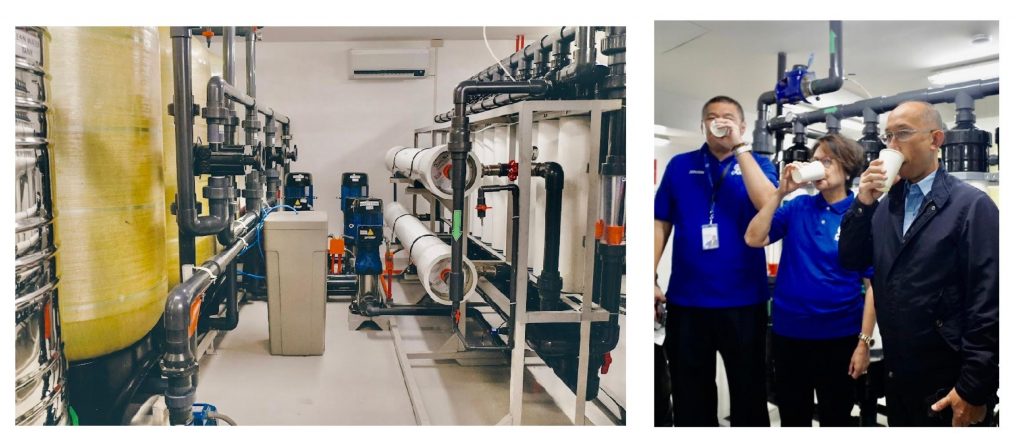
The commitment of SM is consistent with global environmental sustainability and climate action objectives. This dedication is further demonstrated by rainwater collecting basins in flood-prone areas and the rainwater filtration system at SM Baguio. These noteworthy initiatives highlight the continued requirement for sustainable practices and legislation.
A Future with More Hope
The path to sustainable water management is still being traveled. Through its activities, SM Supermalls paves the road for a more secure and environmentally friendly future.
Visit SM Cares for more information or follow SM Supermalls on social media.

No Comments